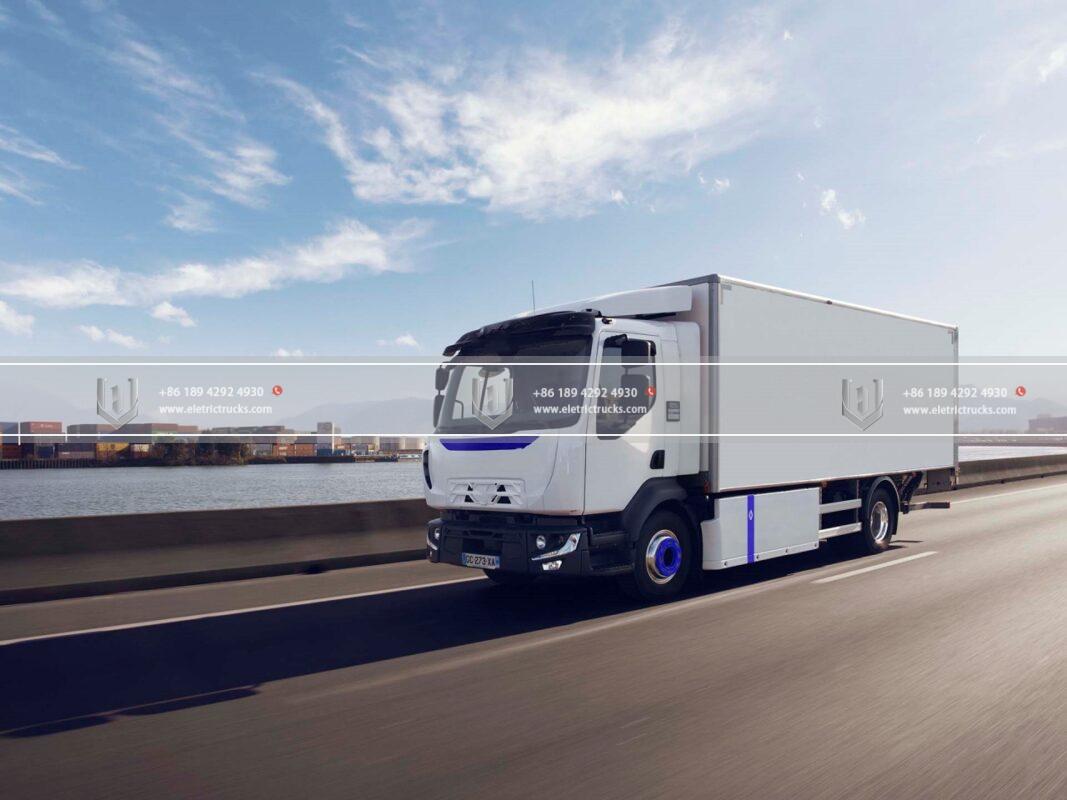Electric Truck Knowledge
Zero Emissions, Maximum Power: The Electric Truck Revolution
In recent years, there has been a revolution underway in the automotive industry. As concerns about climate change and environmental sustainability have grown, there has been a significant push toward electric vehicles (EVs) as a cleaner and more efficient alternative to traditional gasoline-powered vehicles. While the focus has primarily been on passenger cars, another sector of the transportation industry is also experiencing a transformative shift—the electric truck revolution.
Electric trucks are poised to change the way goods are transported, offering zero-emission solutions while delivering maximum power and efficiency. These vehicles, also known as e-trucks, combine cutting-edge technology, innovative design, and renewable energy sources to create a more sustainable and environmentally friendly transportation system.
One of the primary benefits of electric trucks is their significant reduction in greenhouse gas emissions. Traditional diesel-powered trucks are major contributors to air pollution and carbon dioxide emissions. In contrast, electric trucks produce zero tailpipe emissions, helping to combat climate change and improve air quality in urban areas. By transitioning from diesel to electric power, the transportation industry can make substantial strides in achieving global emission reduction targets.
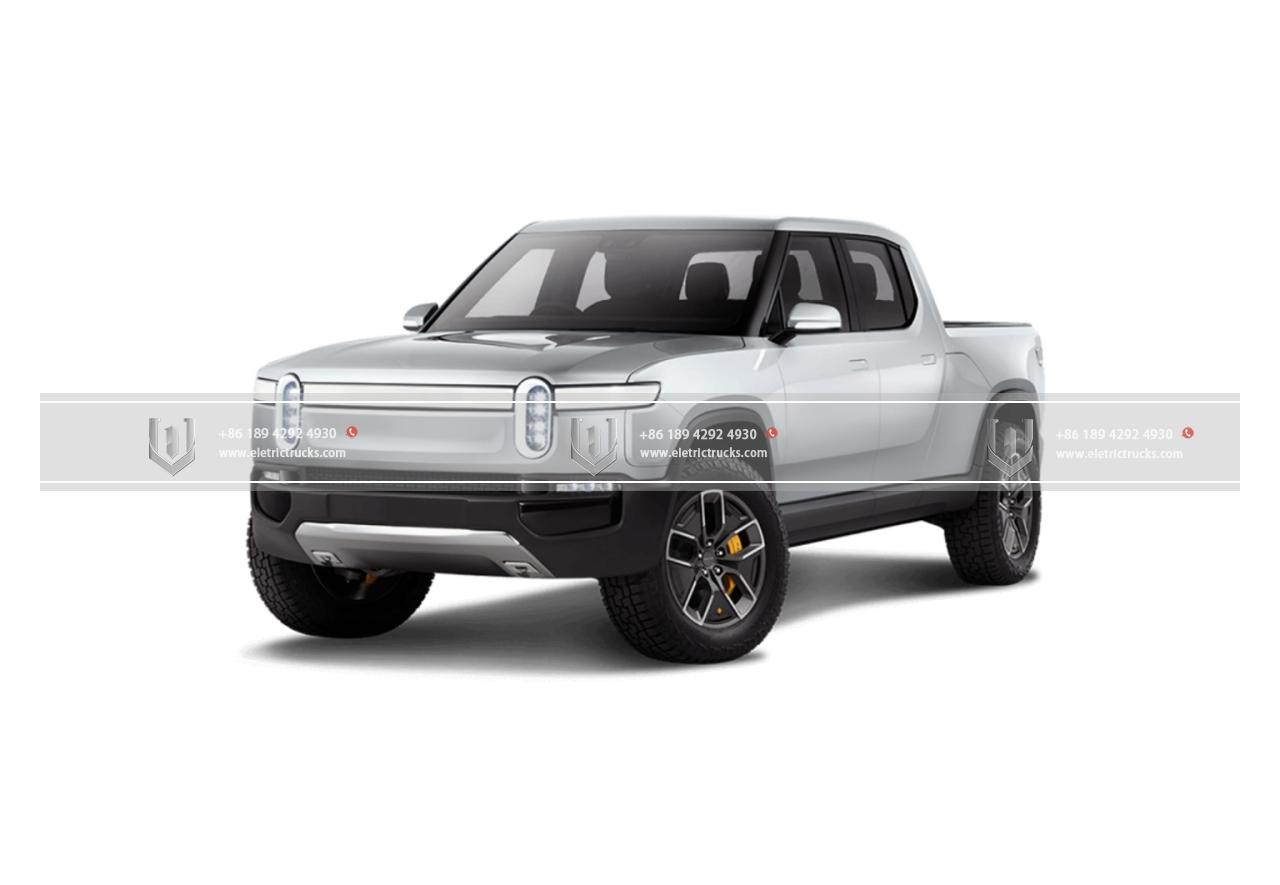
Electric trucks achieve their impressive zero-emission performance through advanced battery and electric motor technology. These vehicles are equipped with large battery packs that store electrical energy. The electricity is then used to power the electric motor, which drives the wheels and propels the truck forward. This electric powertrain eliminates the need for fossil fuels, resulting in cleaner and more sustainable operations.
Furthermore, electric trucks offer several advantages over their traditional counterparts in terms of performance. Electric motors provide instant torque, delivering swift acceleration and superior power. This characteristic is particularly beneficial for trucks involved in heavy-duty applications, such as hauling cargo or towing. Electric trucks can provide maximum power, allowing them to navigate steep inclines and challenging terrains with ease.
In addition to their power capabilities, electric trucks also offer quieter operation. Traditional diesel engines generate significant noise pollution, especially during acceleration or while idling. Electric motors, on the other hand, operate silently, creating a quieter and more peaceful urban environment. This reduced noise level can have a positive impact on the quality of life for residents living near busy transportation routes.
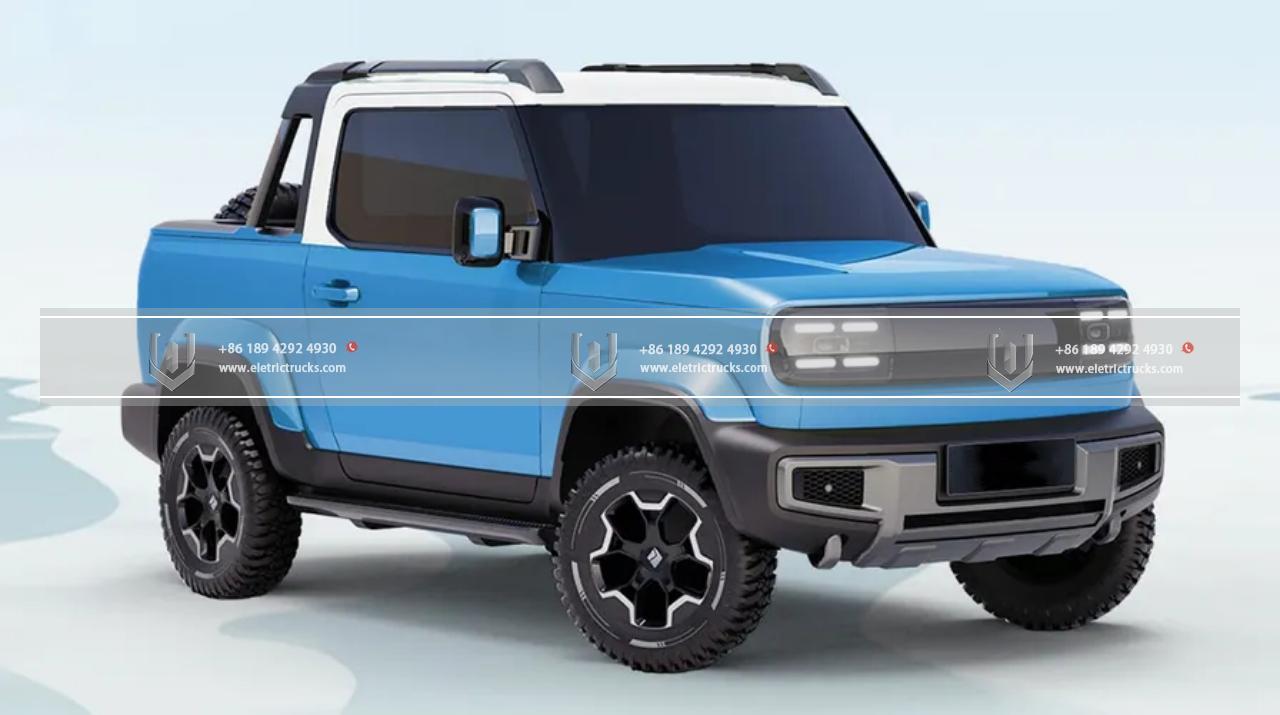
The widespread adoption of electric trucks has the potential to revolutionize the logistics and shipping industry. As the demand for online shopping and fast deliveries continues to rise, the need for efficient and sustainable transportation becomes increasingly critical. Electric trucks can play a vital role in meeting this demand by providing a greener alternative to diesel-powered vehicles.
Moreover, the economic benefits of electric trucks are becoming increasingly evident. Although the upfront costs of electric trucks are generally higher than those of their diesel counterparts, the total cost of ownership over the lifetime of the vehicle can be significantly lower. Electric trucks have fewer moving parts, reducing the need for frequent maintenance and repairs. Additionally, the cost of electricity is often lower than that of diesel fuel, resulting in lower operating expenses. With advancements in battery technology, the range and charging time of electric trucks have also improved, further enhancing their practicality and cost-effectiveness.
To support the electrification of trucks, an extensive charging infrastructure is essential. A robust network of charging stations is crucial to ensure that electric trucks have access to reliable charging options, allowing for extended travel distances and reduced downtime. Governments, private companies, and industry stakeholders need to collaborate to invest in the development of a comprehensive charging infrastructure to facilitate the widespread adoption of electric trucks.
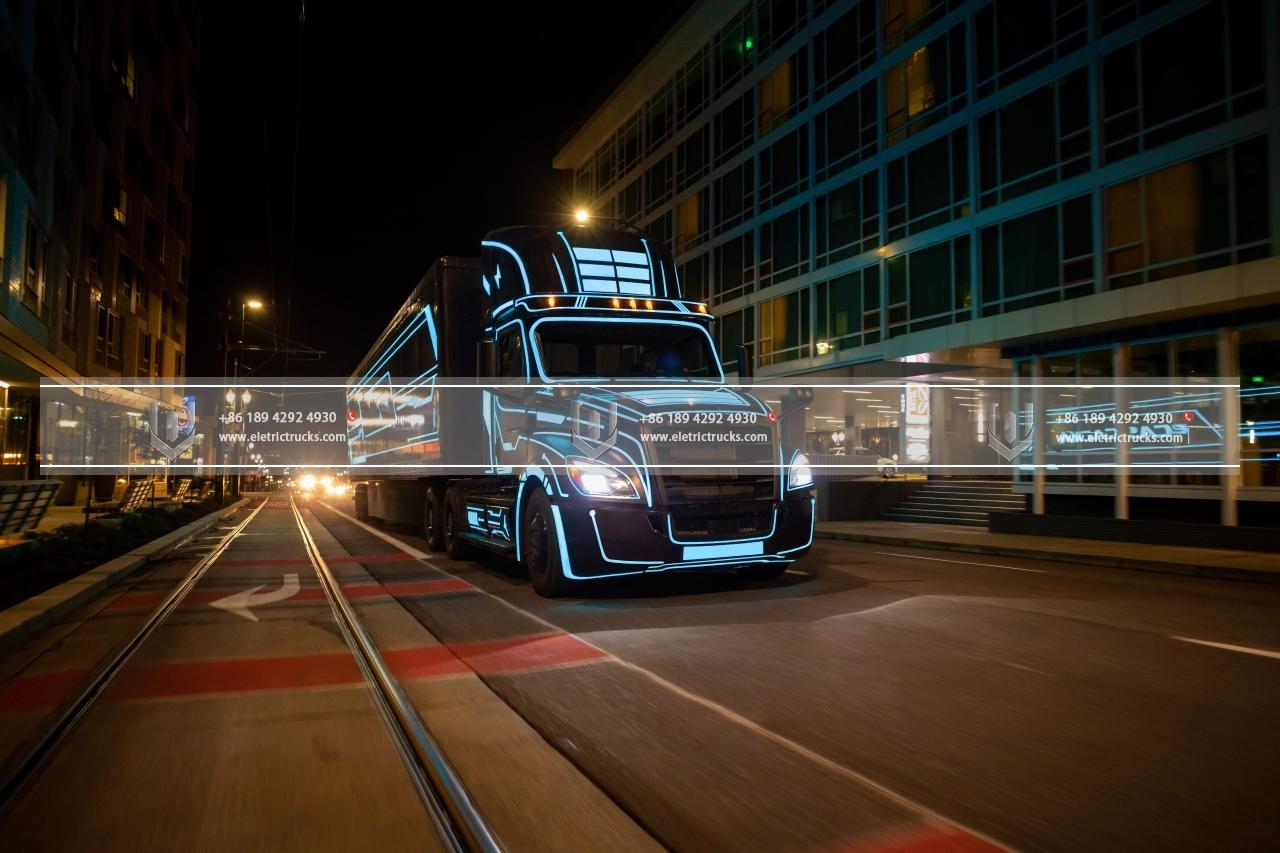
In recent years, several major players in the automotive industry have recognized the potential of electric trucks and have started to invest heavily in their development. Companies like Tesla, Rivian, and Volvo Trucks are leading the way in the production of electric trucks, showcasing their commitment to sustainability and innovation. With their extensive research and development efforts, these companies are pushing the boundaries of electric vehicle technology, improving battery efficiency, and increasing the range of electric trucks.
The transition to electric trucks is not without its challenges. One of the main obstacles is the limited range of electric trucks compared to their diesel counterparts. However, significant progress has been made in improving battery technology, leading to longer ranges and faster charging times. As battery technology continues to advance, range anxiety will become less of a concern, making electric trucks a more viable option for long-haul transportation.
Another challenge is the need for a comprehensive charging infrastructure. To support the widespread adoption of electric trucks, a network of charging stations must be established along major transportation routes and in urban centers. Governments and private companies must work together to invest in the development of charging infrastructure, ensuring that electric trucks have convenient and reliable charging options. The establishment of fast-charging stations will be crucial to minimize downtime and maximize the efficiency of electric truck operations.
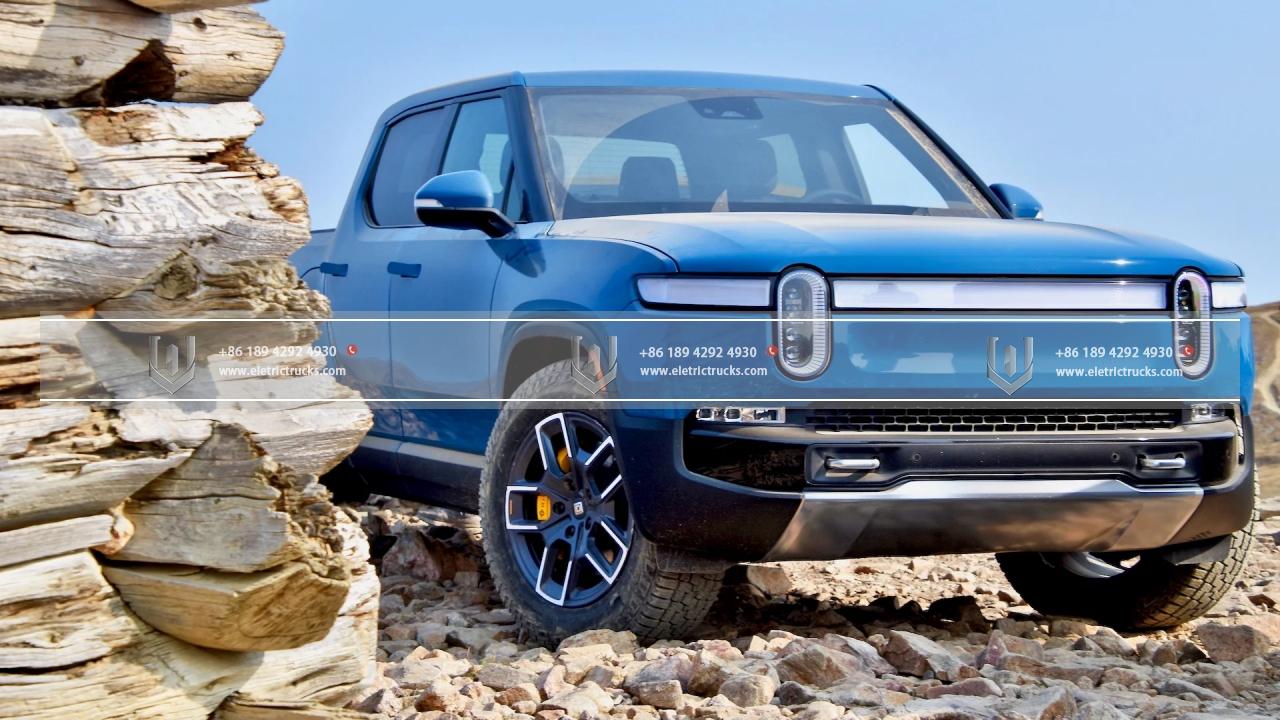
Furthermore, the manufacturing and disposal of batteries raise environmental concerns. The extraction of raw materials for batteries and the recycling or disposal of used batteries require careful management to minimize their environmental impact. Manufacturers need to adopt sustainable practices and invest in battery recycling programs to ensure the life cycle of electric truck batteries is as environmentally friendly as possible.
Despite these challenges, the benefits of electric trucks far outweigh the hurdles. The potential to significantly reduce greenhouse gas emissions and air pollution is a compelling reason to accelerate the adoption of electric trucks. Governments can play a crucial role in this transition by offering incentives, such as tax credits or subsidies, to encourage businesses to invest in electric truck fleets. Additionally, stricter emissions regulations can be implemented to incentivize the transportation industry to embrace electric trucks and move away from fossil fuel-powered vehicles.
The electric truck revolution is not limited to commercial fleets; it also extends to the personal use of pickup trucks and SUVs. Electric truck models, such as the Tesla Cybertruck and Rivian R1T, have gained significant attention and anticipation from consumers. These electric trucks offer the same power and capability as their gasoline-powered counterparts while providing the environmental benefits of zero emissions. The growing interest in electric pickup trucks demonstrates that the electric truck revolution has the potential to reach a wide range of consumers.
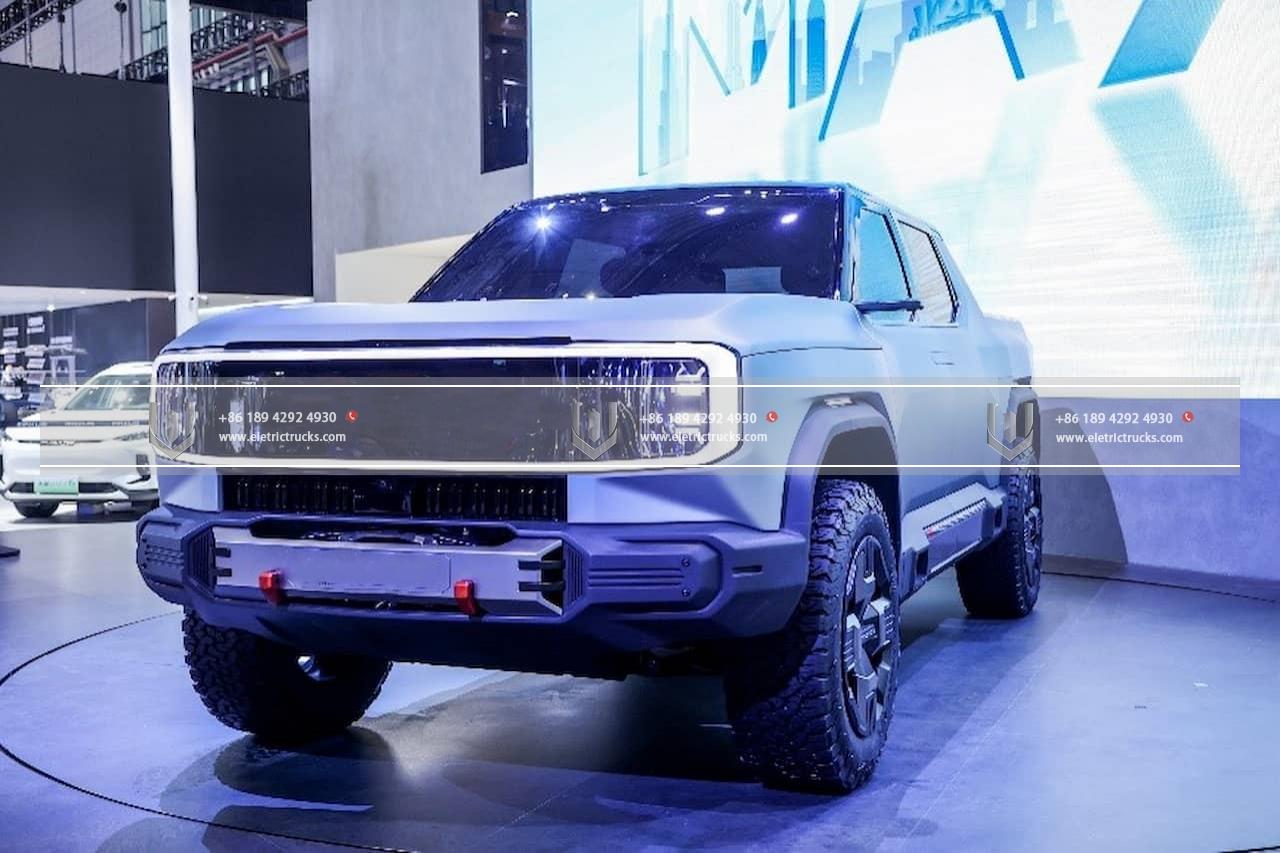
In conclusion, the electric truck revolution is transforming the transportation industry, offering a sustainable and powerful alternative to traditional diesel-powered trucks. With advancements in battery technology, improved charging infrastructure, and the commitment of automotive companies, electric trucks are poised to become a dominant force in the logistics and shipping sector. As governments, businesses, and consumers recognize the environmental and economic advantages of electric trucks, the transition to zero-emission transportation will accelerate, paving the way for a cleaner and more sustainable future. The electric truck revolution is not just a trend—it’s a necessary step towards reducing our carbon footprint and achieving a greener planet.
